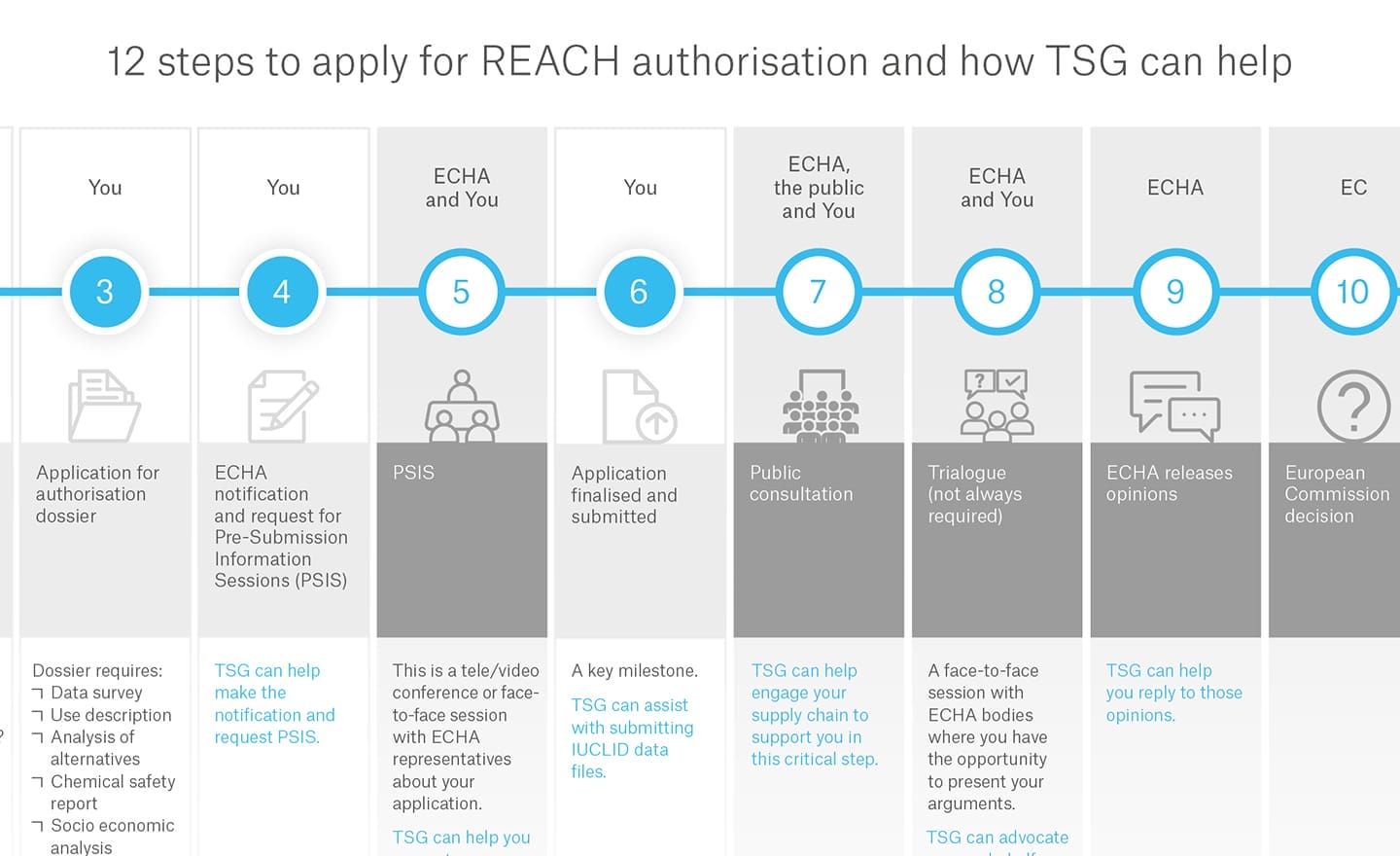Lead has been subject to a number of substance regulations, including Restriction of Hazardous Substances (RoHS). Its inclusion onto the Candidate List will create more regulatory obligations for its users. Being toxic for reproduction, it has been banned from consumer electrical and electronic equipment supplied to the European Economic Area (EEA) but some industrial uses have so far been exempted. However, with its inclusion onto the Candidate List, suppliers of lead-containing articles in the EEA will need to assess their products for Article 33 requirements, where SVHC’s greater than 0.1% weight/weight need to be declared to the article’s customer.
Check your obligations
The weight requirements might seem insignificant, however suppliers of larger articles will still have to check their obligations due to the European Court of Justice (ECJ) ruling on ‘once an article, always an article’. This means that lead solder used for electronics’ production may need to be declared to EEA customers in the renewable energy, automotive, aerospace and defence industries.
Safety-critical applications
Whilst alternatives to lead have been identified for many products, there are still some safety-critical applications where there are no alternatives, such as in aviation systems where lead solder cannot be substituted due to the risk of ‘tin whisker’ issues of the alternative.
Next steps
Candidate List substances are deemed of significant risk to human health and the environment, and might eventually be added to the authorisation list. Once on the authorisation list, users and sellers of these substances may need to apply to ECHA for permission to sell and use these substances within the European Economic Area.
The next step though is for companies to review their products in order to identify regulatory obligations, such as Article 33 declarations, and then fulfil them.
Get in touch
To learn more about how this recent update to the Candidate List may impact your business, please get in touch at [email protected]



